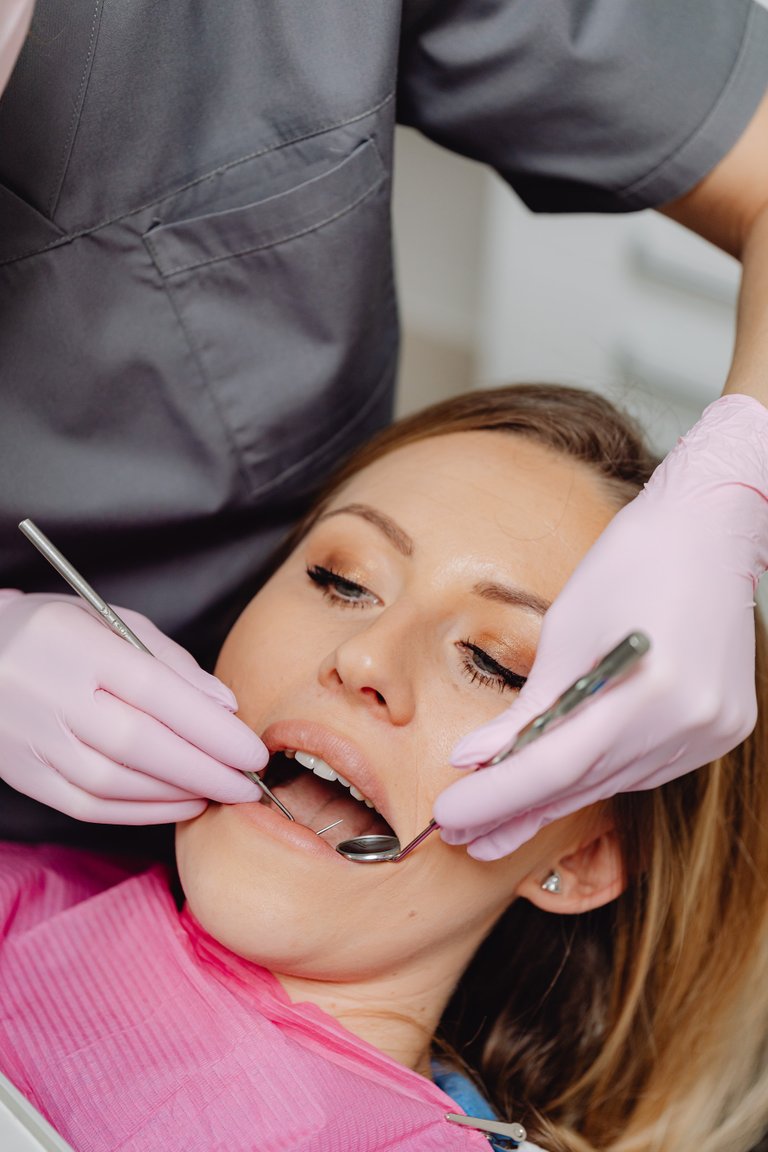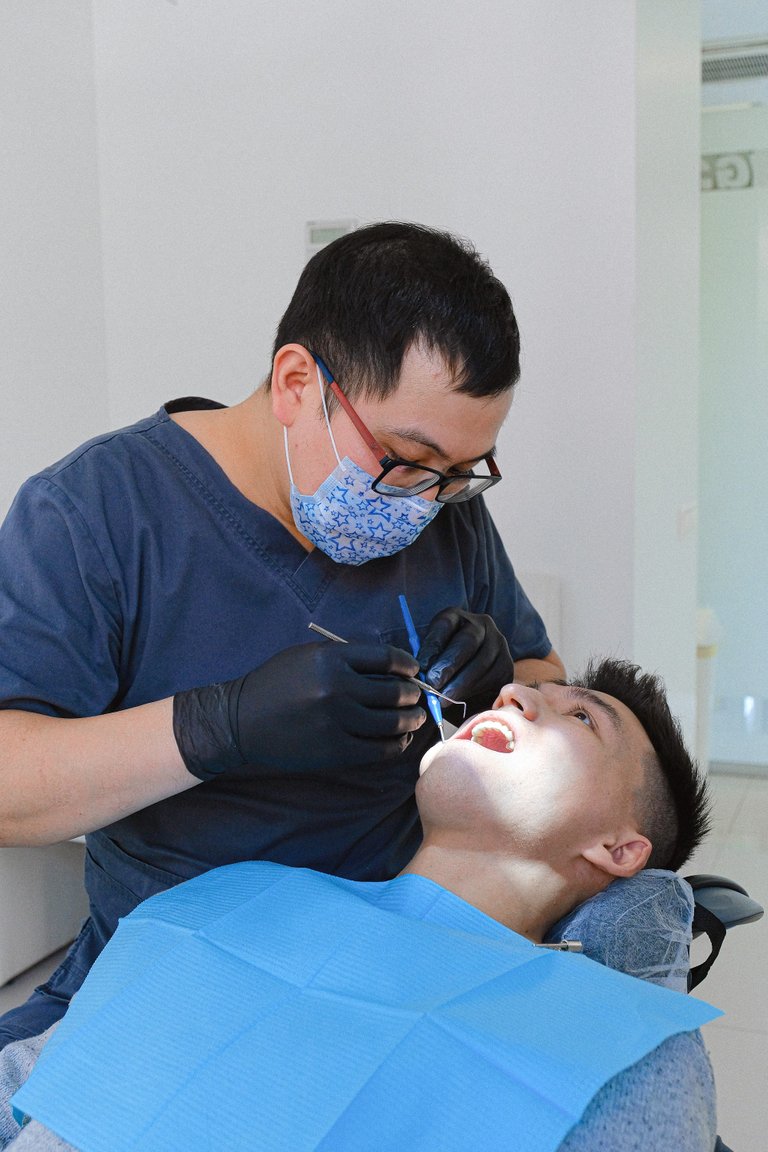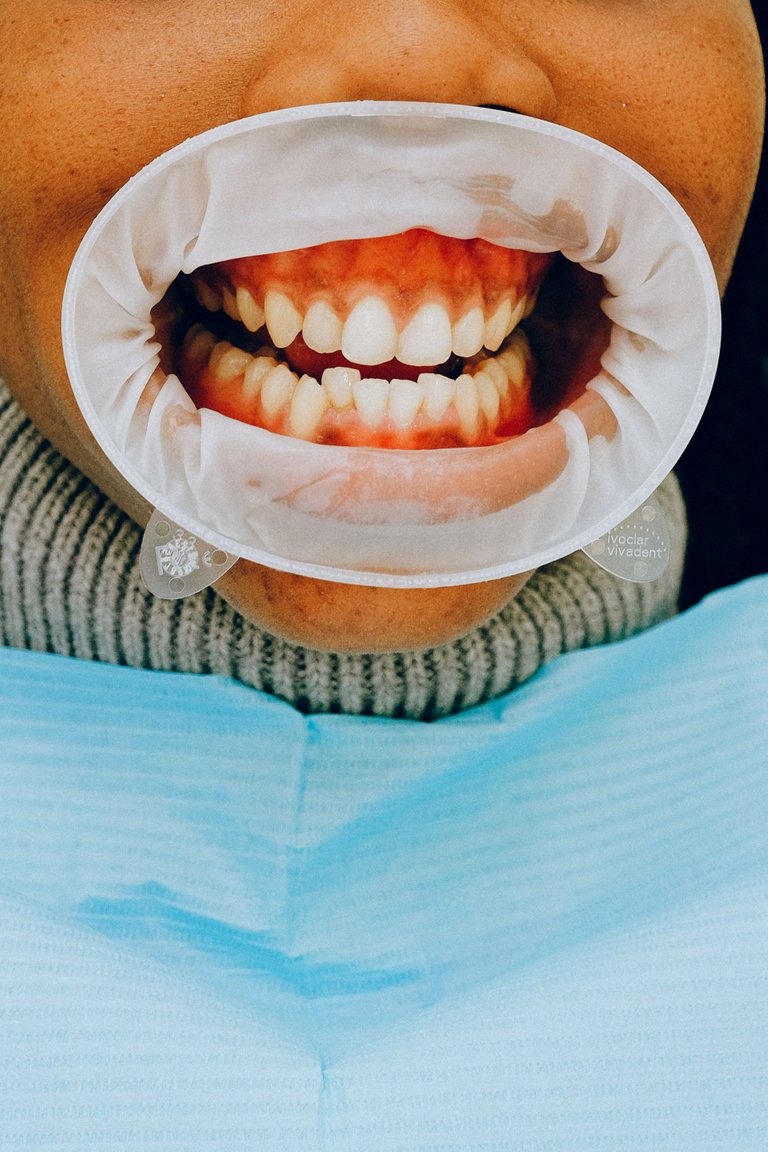Burning Mouth Syndrome | Causes and Treatment.
Hello hive community it's been a while since I published posts due to time issues and today I wanted to talk to you about a condition that affects many people and is often misdiagnosed. It is also a disease that causes a lot of discomfort to the patient. It is the "Burning Mouth Syndrome".
A few weeks ago my aunt was diagnosed with this condition and was very worried, which motivated me to make this post.
Burning mouth syndrome is defined as a burning sensation and spontaneous or continuous pain in the mouth, palate, cheeks, lips, gums and the entire mucosa of the tongue. This condition usually appears spontaneously and cannot be associated with a specific cause.
Symptoms:
Burning sensation and pain throughout the tongue and buccal mucosa.
Dry tongue and increased thirst.
Metallic and bitter taste sensation.
Loss of sense of taste.
The appearance of the symptoms can be varied, it can be milder in the morning and increase throughout the day or it can also be intermittent.
This condition can last for months or years and have varying degrees of severity.
Causes:
The causes can be diverse and are classified as primary and secondary.
Primary causes:
In cases where it is not recognized exactly why it occurs it is called primary or idiopathic syndrome, it is assumed that this is related to nervous causes or damage to the nerves related to taste and pain.
Secondary causes:
When the origin of this disease is recognizable as an underlying disease it is called Secondary Burning Mouth Syndrome; within the conditions that can cause it are: the consumption of some medications , salivary gland affections , oral diseases such as lichen planus, oral candidiasis and benign migratory glossitis or geographic tongue.
Another of the main causes is the lack of B vitamins and deficiency of nutrients such as iron and zinc.
Allergies, immune problems, endocrine disorders and neurological problems can also be secondary causes of this condition.
Among the best known risk factors are:
Women in pre-menopausal stage and over 50 years old are susceptible to this condition.
Smoking.
Diseases such as Parkinson's, Fibromyalgia, autoimmune disorders.
Stress.
Anxiety.
Depression.
Treatment:
Treatment of this condition consists of identifying the root cause(s) and treating them. For example, in the case of vitamin deficiencies, vitamin supplements usually improve. There are other treatment alternatives that generally help a lot such as drinking plenty of fluids, avoiding acidic and spicy foods, avoiding any irritants such as tobacco or alcohol as well as relaxation exercises and therapy to control stress levels.
I hope you have found this information interesting, thanks for reading me!
Consultation links :
Text translated with Deepl Translate.
Banner created in Canva.

Síndrome de Boca Ardiente . Causas y Tratamiento.
Hola comunidad de hive hace tiempo que no publico posts por cuestiones de tiempo y hoy quería hablarles de una condición que afecta a muchas personas y con frecuencia es mal diagnosticada. También es una enfermedad que produce mucho malestar al paciente. Se trata de el "Síndrome de boca ardiente".
Hace unas semanas mi tia fue diagnosticada con esta condición y estaba muy preocupada, lo que me motivó a hacer este post.
El síndrome de boca ardiente se define como una sensación de ardor y dolor espontáneo o continuo en la boca , paladar ,carrillos , labios , encía y toda la mucosa de la lengua. Este padecimiento suele aparecer de forma espontánea y no se puede asociar a una causa específica.
Síntomas:
- Sensación de ardor y dolor en toda la lengua y la mucosa bucal.
- Lengua reseca y aumento de la sed.
- Sensación de sabor metálico y amargo .
- Pérdida del sentido del gusto.
- La aparición de los síntomas puede ser variada puede ser mas leve en la mañana y aumentar a lo largo del dia o tambien puede ser intermitente.
Esta condición puede durar meses o años y tener varios grados de severidad.
Causas:
Las causas pueden ser diversas y se clasifican en primarias y secundarias.
Causas primarias:
En los casos que no se reconoce exactamente por que ocurre se le denomina síndrome primario o idiopático, se supone que este está relacionado con causas nerviosas o daños en los nervios relacionados con el gusto y el dolor.
Causas secundarias:
Cuando el origen de esta enfermedad es reconocible como una enfermedad subyacente se le llama Síndrome de boca ardiente secundario; dentro de las condiciones que pueden causarlo se encuentran: el consumo de algunos medicamentos , afecciones de las glándulas salivales , enfermedades bucales como el liquen plano, candidiasis bucal y la glositis migratoria benigna o lengua geográfica.
Otra de las causas principales es la carencia de vitaminas del complejo B y déficit de nutrientes como hierro y cinc.
Las alergias , problemas inmunitarios , trastornos endocrinos y problemas neurológicos tambien pueden ser causas secundarias de esta condición.
Entre los factores de riesgo mas conocidos se encuentran:
- Las mujeres en etapa pre menopáusica y mayores de 50 años son susceptibles a esta condición.
- Tabaquismo.
- Enfermedades como Parkinson, Fibromialgia, trastornos autoinmunes.
- Estrés.
- Ansiedad.
- Depresión.
Tratamiento:
El tratamiento de esta afección consiste en identificar la causa o causas principales y tratarlas. Por ejemplo en el caso de las carencias de vitaminas con suplementos vitamínicos suele mejorar. Existen otras alternativas de tratamiento que en general ayudan bastante como beber abundante liquido , evitar alimentos ácidos y picantes, evitar cualquier irritante como tabaco o alcohol asi como ejercicios de relajación y terapia para controlar los niveles de estrés.
Espero hayan encontrado interesante esta información gracias por leerme!
Enlaces de consulta:
Texto traducido con Deepl Translate.
Banner creado en Canva.




That's an interesting condition learn about today, i don't think i was familiar with this until now. I am just imagining the discomfort such a condition would bring, and if it happens to be idiopathic? Such a headache...